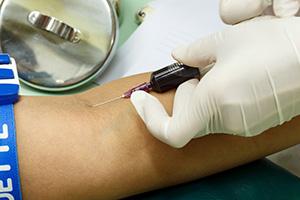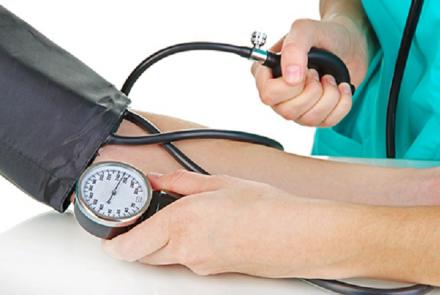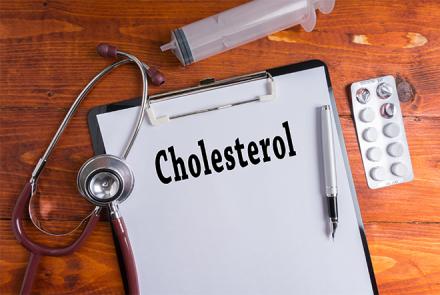
You have the Complete Blood Test in front of you and don’t now what the results mean. Dr. Shital Raval explains it in simple terms in our Health by Numbers/Medical Tests series.
A CBC or complete blood test is a basic blood test which is often carried out along with a physical examination to verify and analyse various cellular components in the blood. This allows the doctor to check and confirm any suspicions and find any potential health problems.
CBC test result alone may not be sufficient to diagnose certain or all health problems but is the first step in screening and early diagnosis. Since results from different laboratories may vary slightly, these values are not absolute. It would be best to discuss any abnormality in your blood test with your doctor.
Irregularities in the blood test may also be due to factors such as diet, obesity, physical activity, alcohol intake, menstrual cycle, certain medications etc.
Here is a brief explanation of the important blood panels to look out for in your CBC and what they mean:
RBC count: The number of RBCs in the blood may indicate their lifespan and general health. However any irregularities would need further testing and investigation.
WBC count: Since white blood cells are the important part of our immune system and help fight infection, a high count would indicate presence of an infection, inflammation, anaemia, autoimmune diseases or even leukaemia. A low count could be caused by certain medications or health problems.
Normal range of WBC differential count:
| Neutrophils | 40% to 60% of the total |
| Lymphocytes | 20% to 40% |
| Monocytes | 2% to 8% |
| Eosinophils | 1% to 4% |
| Basophils | 0.5% to 1% |
Platelet count: Platelets are cells that are involved in clotting of blood. A low platelet count or thrombocytopenia may indicate a higher risk of bleeding as not enough platelets are being produced or are getting destroyed. Common causes for this include infections like Malaria or Dengue, cancer treatments such as chemotherapy or radiation, certain medications, autoimmune disorders which attack the platelets. A high platelet count called Thrombocytosis means there is an over-production of platelet cells. This may be due to Haemolytic anaemia, iron-deficiency anaemia, cancer, certain medications, bone marrow diseases, thrombocythemia (excess platelet production from bone marrow), recent surgery such as spleen removal, certain infections or allergic reactions. Formation of blood clots is a serious side-effect of high plate count too!
Haemoglobin: Red blood cells contain haemoglobin which is responsible for delivering oxygen from the lungs to the rest of the body and carbon dioxide back to the lungs. A low count may be a sign of anaemia. Normal range does vary in both genders.
Hematocrit: Hematocrit helps identify anaemia as it is a measure of the total volume of RBCs in blood. Normal range does vary in both genders.
Cholesterol: Cholesterol is the fatty substance or lipid made by cells in the body, especially by the liver. When low-density lipoproteins (LDLs) carry the cholesterol in the blood, it is called “bad cholesterol”. High levels of LDL indicate a higher risk of heart disease. When cholesterol is carried by High density lipoproteins (HDLs), it is referred to as “good cholesterol” and high levels of HDL may help prevent cardiovascular disease. Its also important to look at the cholesterol ratio : Total cholesterol divided by HDL. According to American Heart Association, it is important to keep it under 5 with 3.5 being ideal.
| Test | Normal Range |
| Red blood cell (varies with altitude) | Male: 5 to 6 million cells/mcL |
| Female: 4 to 5 million cells/mcL | |
| White blood cell | 4,500 to 10,000 cells/mcL |
| Platelets | 140,000 to 450,000 cells/mcL |
| Haemoglobin (varies with altitude) | Male: 14 to 17 gm/dL |
| Female: 12 to 15 gm/dL | |
| Hematocrit (varies with altitude) | Male: 41% to 50% |
| Female: 36% to 44% | |
| Total cholesterol | 200 to 240mg/dl |
| LDL | 100 to 190 mg/dl |
| HDL | 40 to 60 mg/dl |
















